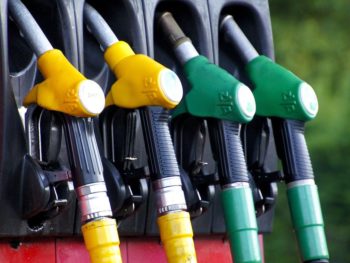Fleets need to remain on top of fuel costs despite predicted falls in prices, according to FleetCheck.

The RAC is predicting that decreasing oil prices will start to feed through to sharp falls at the pumps quite quickly, bringing prices down to a perceived ‘sensible’ level’.
Fleet management software specialist FleetCheck said that while lower prices were certainly welcome, they were “not a pretext for fleets” to take their eyes off the ball.
Peter Golding, managing director, explained that interest in fuel management at a corporate level often tended to rise and fall in correlation to pump prices – but that an ongoing, strategic approach to fuel management was essential.
He added: “Buying fuel remains a major expense in the running of cars and vans and, even if there is a substantial market adjustment forthcoming, it is a fundamental of fleet management to ensure that basic cost control measures remain in place.
“Of course, some fleets are good at controlling fuel expenditure on an ongoing basis – tracking fuel use to examine both overall trends, and drivers and vehicles at an individual level – but in others the subject tends to be more of a cyclical priority in response to current prices.”
FleetCheck’s approach has always been to encourage clients to track fuel expenditure intensively; it says its in-depth and accurate data produces useful reports that have a genuine impact on costs.
“In our experience over many years, the best way to gather fuel data is through a fuel card alongside journey information from telematics, and the best way to assimilate that data is through fleet management software that is able to make sense of the mass of information. This approach helps fleets to make strategic decisions at both a macro and micro level.
“However, there is also a step beyond this where questioning fuel use is ingrained into the culture of a business, where a line manager will raise questions about whether individual employees or whole departments need to be making all the trips they are undertaking. This can be much harder to achieve but, to our mind, is very much worthwhile and has a longstanding impact on fuel expenditure, whatever the current pump prices.”

